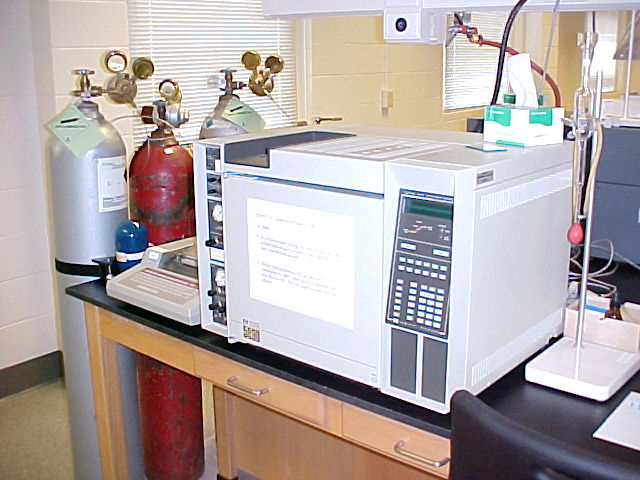Many homebrewers enjoy making beer as a hobby.Some of those end up becoming more serious about their brewing and want to learn more, eventually becoming microbrewers. The question of why, when, what and how to analyse your beer becomes a vexing one.
Read on if you would like some of these questions answered.
Analysing beer can tell the brewer a hell of a lot about the brewer and the process of making the beer.
For those who haven’t done a chemistry degree at Uni the picture above can seem quite intimidating (by the way, this is one way of measuring alcohol content in beer).
And as a homebrewer do you really need to analyse your beer. After all, its just a hobby and you may not be following all the rules of brewing but just dabbling and learning as you go.
Well, if that’s all you want to do then that’s fine and you need not read on.
But for the rest of you who want to know a little more on the finer points of brewing then listen on.
To make good beer you could just use your taste buds. But what if you don’t. What can you do about it? Well, if the beer turns out badly your taste buds cannot tell you what to do so you can dump the beer and start again and hope the beer gods are on your side.
-
Albert Einstein said that the definition of insanity is doing the same thing over and over and expecting different results.
In other words, how do you know what to do differently if you cannot measure the result or have some basic understanding of what and how you are brewing? If there is no benchmark you cannot expect to make any reasonable changes.
Analysing you beer will give you a better understanding of any changes you make and how much.
So what is important to measure?
Many brewers measure OG, and FG and then wait till the beer is ready before they taste it. The alcohol can be determined by calculation. Some more adventurous brewers measure pH as well. But is that enough?
If we take the example of bitterness and what can vary during the brewing process we begin to understand that this parameter can be wildly variable and hence the beer can taste either too bitter or not bitter enough.
What would you say if you made an IPA that was wildly bitter? Your brew calculator said to add a certain amount of hops for a particular recipe but it rarely turns out spot on, right? Well, the first thing you need to ask is what is spot on. How would you know you hit the target if you did not analyse the beer for IBU?
There is no way of knowing!
When we consider the following it is no wonder the bitterness is probably the most difficult to get right:
- varying bitterness levels in hops from season to season
- varying utilisation rates of hops in the kettle
- losses due to trub, yeast absorption
- losses due to fast fermentations
- losses on filtration
- oxidation levels during the whole process
- beer storage conditions (temperature and time)
- Transport of packaged beer conditions
Ok, so you don’t always have full control of most parameters at home so you don’t really care what the final result is. But if you enter your homebrew into competitions then you will want to score highly, do you not?
If your bitterness, alcohol, FG, colour, just to name a few are outside the BJCP guidelines what hope have you of getting a good score, let alone winning the contest?
If you don’t measure it you could possible have little hope of getting all these parameters right? And then what if you do win by sheer luck? How do you replicate that beer again if you don’t benchmark your process and analyses?
So analysing beer gives you benefits that far outweigh the cost it could take to doing that;
- allows you to fine tune your taste buds and visual perception of the beer
- allows you to enter the beer into the right style category
- allows you fine tuning of your brewery and brewing practices
- allows for consistency of your beer
- pinpoint equipment shortcomings
- allows you to become a better brewer
So if you want to improve your beer to the point of enjoying it every time you need to consider benchmarking it against some simple analyses. And if you proceed to enter the microbrewing industry one day, you will have already done the ground work in terms of quality control, and good habits are good to have and ensure your business a better chance of success.
If you would like to know more on where you can send your beer for analyses check out the very competitive rates here.

